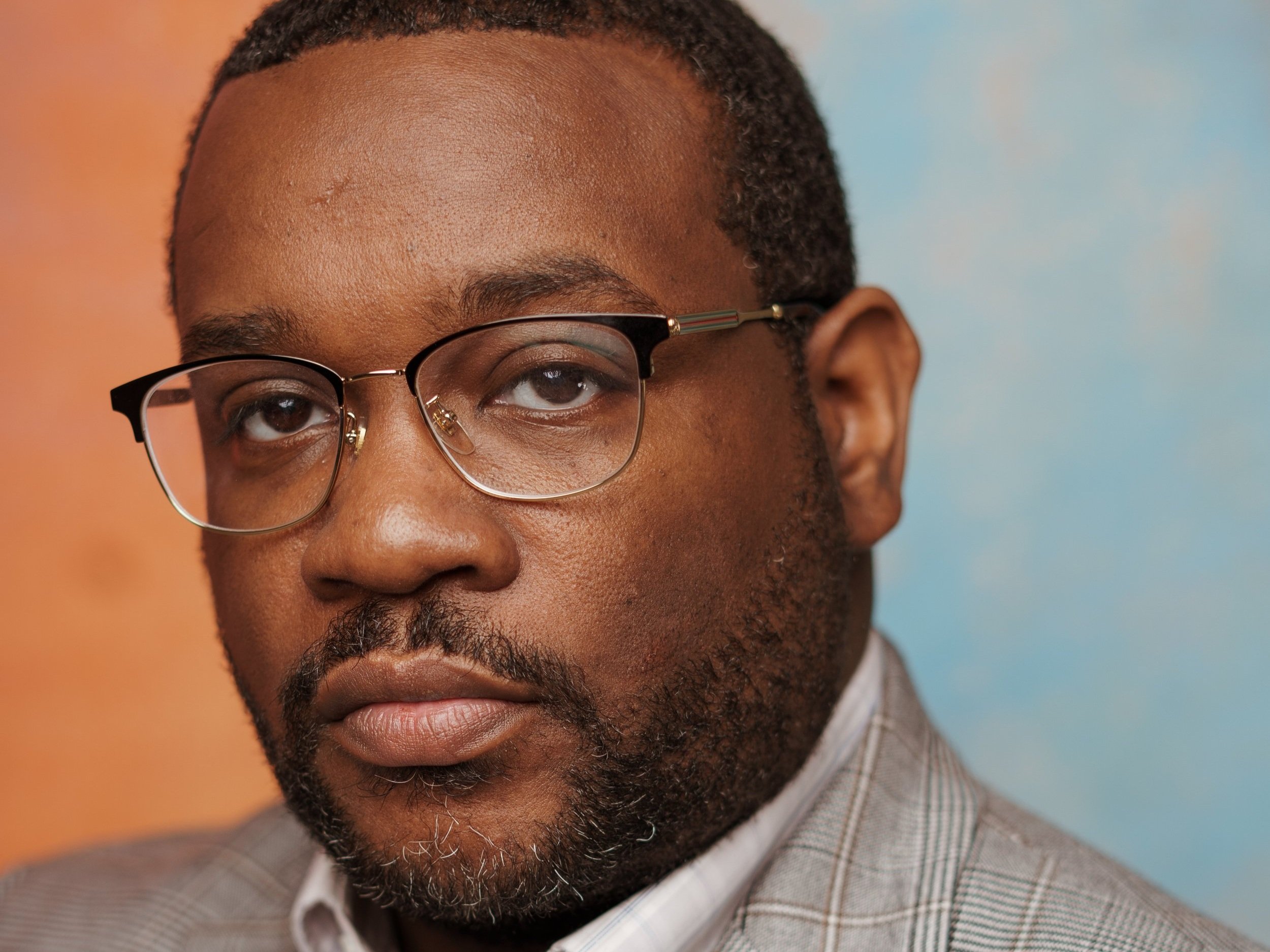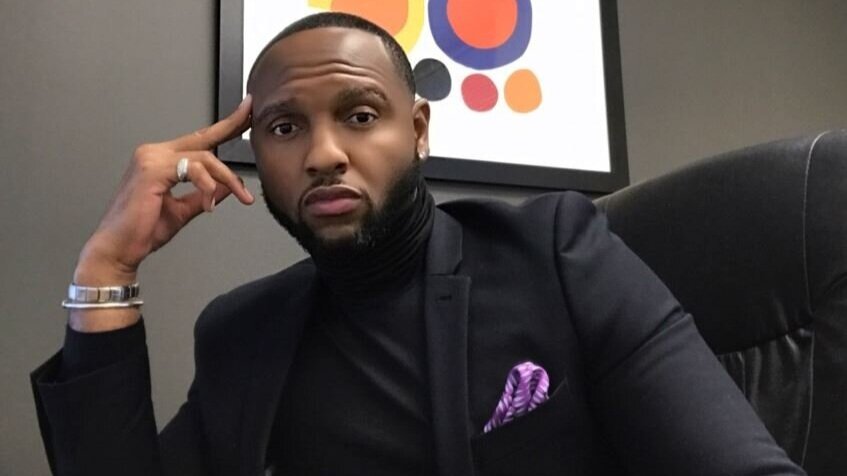Atlanta Therapist Launches Online Community To Promote Black Mental Health
Atlanta psychotherapist Dr. Ed Garnes wears more hats than a pub coat rack. Healer. Educator. Community activist. Writer. Podcaster.
Despite such varied, complex interests, Garnes says his professional goal is quite simple. He wants to demolish the trope that Black people — specifically, Black men — don’t look after their mental health. He wants to make therapy cool.







